 I was thrilled to see Tuesday; An Art Project at the AWP Minnesota Book Fair. Tuesday is THE most gorgeous poetry postcard publication I had ever seen, each issue a neatly wrapped treasure of letterpress postcards featuring poetry on some and art on others (the flipsides are blank for writing/mailing). However, the publication ceased with issue 11 in 2013. Okay, well, not “ceased,” but perhaps worse, the H-word: Hiatus. This conjures up all kinds of wonderings of what went wrong, will the publication come back, if it does – for how long this time? From my view at NewPages over the past decade, I’ve seen a lot of hiatuses (hiati?) – some with reason, some not – but very few ever return. While “hiatus” to some might mean hope, I know it better as a long, drawn out death, usually finalized because someone stops paying the web site domain name bill.
I was thrilled to see Tuesday; An Art Project at the AWP Minnesota Book Fair. Tuesday is THE most gorgeous poetry postcard publication I had ever seen, each issue a neatly wrapped treasure of letterpress postcards featuring poetry on some and art on others (the flipsides are blank for writing/mailing). However, the publication ceased with issue 11 in 2013. Okay, well, not “ceased,” but perhaps worse, the H-word: Hiatus. This conjures up all kinds of wonderings of what went wrong, will the publication come back, if it does – for how long this time? From my view at NewPages over the past decade, I’ve seen a lot of hiatuses (hiati?) – some with reason, some not – but very few ever return. While “hiatus” to some might mean hope, I know it better as a long, drawn out death, usually finalized because someone stops paying the web site domain name bill.
Not so says Tuesday Founding Editor Jennifer S. Flescher, who has a Kickstarter campaign going to sell advance subscriptions to fund the publication (along with other premium goodies). [NOTE: Until 4/21 a donor will match all contributions!] When I met up with her at AWP, I was happy to talk with her, but also concerned about the whole hiatus thing. She was glad to offer me some clarity on her perspective, especially when I wouldn’t stop hammering her with questions.
NP: Why did you go on hiatus? No need to get personal, but for some, it is very personal (health issues, family issues, etc.), which I think is important for others to understand, since so many literary publications are small (very small) businesses. If one person can’t function for whatever reason, that can put the whole publication in jeopardy. You did allude to some reasons in your farewell note to readers, but nothing terribly specific. So, spill. Why hiatus?
JF: Of course, this is a very difficult question. It makes me go a little white and cold, though I know you are right, to hear you say that hiatus is often just a hasbeen rockstars comeback tour… I didn’t want to come back for a year; I don’t want to come back for a year.
In terms of why I stepped away, there are two answers.
The first was actually entirely personal. I’m not sure if this is of any interest to your readers, but I had a sick child and I really needed to be home with him. That had been taking a toll for a few years, and finally I simply needed to put absolutely everything aside and be home. There. For him. I am grateful every day this was an option for me, and I send love and compassion to all the mothers and children who do not have that luxury. That remains a decision I am very proud of, even if it cost me the journal.
The second is really the more on-point answer, I suppose. Yes, that darn domain bill. I had been paying for the magazine largely by myself for many years. This is my dirty little secret. I remember hearing a very young publisher years ago at AWP confess she had sold her car to pay for her press – I thought she was crazy! But I did too, truly; I still have my car, but I didn’t take my kids on vacation, I didn’t do a lot of things. In the beginning I felt like it was a lot like graduate school, and that it was money I spent to create something I believe in. Tuesday has a ridiculous business model simply because of the price of its physical parts. It simply didn’t feel sustainable anymore. I needed to take a few years to really decide where I wanted to go next.
I want to find a sustainable model now. I needed to decide to be a publisher. We start these things – in MFA programs, in the middle of the night – we don’t really know what we are getting into, and that’s a good thing: we dive. Diving is so important for creation. But then comes the moment when you have to look around – is this water clean? do I like swimming?
I think there are real issues to be addressed in publishing. About diversity, about voice. Beauty. Access. Funding. Tangibility. I don’t pretend Tuesday is big enough to tackle any of this, or the press I have a vision of will be, but I feel like that is the work I would like to address as an editor. Tuesday either needed to bigger or smaller. It’s time to go bigger.
NP: Your Kickstarter campaign is asking people to pre-subscribe for two issues. What about after that? I mean, I’m sure you hope to have enough subscribers to continue the support – but…
JF: This is the $15,000 question. I feel like this is just what it was created to be – a kickstart. To get us back on our feet. Re-establish our base. Get us going for the next year. After that I want to pursue both traditional and non-traditional funding. Non-profit status and grants. Fundraising. Some sort of advertising. My real dream is to find corporate sponsorship. I don’t like the model we have going now where poor poets pay more and more for the publishing of poetry. First off, they can’t afford it. Secondly it exacerbates the money/publication gap. It prevents us from making the types of shifts in publishing that will open up publication to reflect the diversity of the important poetry in this country.
NP: Well, I’m a huge fan of Tuesday, so I’m giddy to see it come back (and, yes, have kicked in on the Kickstarter!). Thank you for all you’ve said here; I think you make some important statements about poetry and publishing that could benefit others.
JF: Thank you so much for all the support.
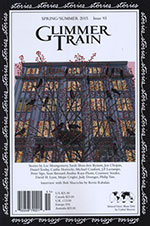 Both Lillian Li and Cristine Sneed offer advice on writing characters in their Glimmer Train Bulletin #100 craft essays. The GT Bulletin allows writers published in Glimmer Train Stories to offer their advice to other writers in short essays availble free monthly.
Both Lillian Li and Cristine Sneed offer advice on writing characters in their Glimmer Train Bulletin #100 craft essays. The GT Bulletin allows writers published in Glimmer Train Stories to offer their advice to other writers in short essays availble free monthly.
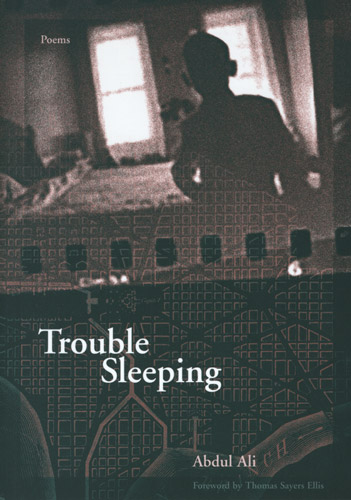 Trouble Sleeping by Abdul Ali, winner of the 2014
Trouble Sleeping by Abdul Ali, winner of the 2014 
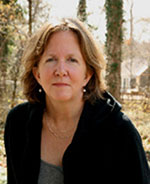 Winner
Winner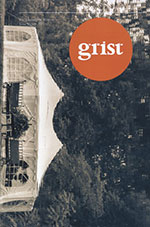 Grist: The Journal for Writers
Grist: The Journal for Writers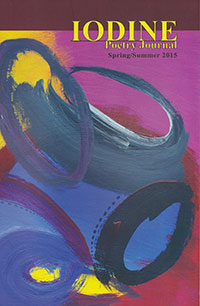

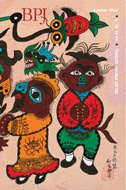
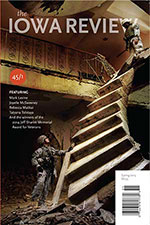
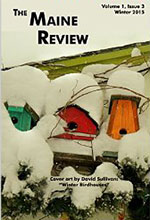 While the name, The Maine Review, seems obviously to represent the location of the publication, Mayfield tells me it was inspired “in the tradition of reviews like The Missouri Review and
While the name, The Maine Review, seems obviously to represent the location of the publication, Mayfield tells me it was inspired “in the tradition of reviews like The Missouri Review and 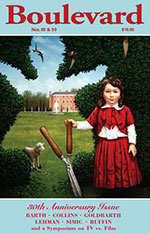 With its Spring 2015 issue,
With its Spring 2015 issue, 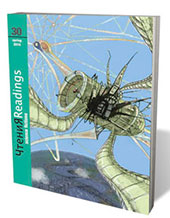
 The winner of
The winner of 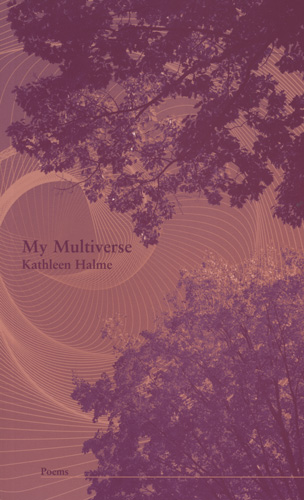 Winner of The 2014 Green Rose Prize from New Issues,
Winner of The 2014 Green Rose Prize from New Issues, 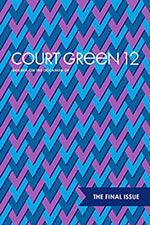 The magazine was named after Court Green, the property in Devon, England, where Sylvia Plath lived and where she wrote her most famous poems, the Ariel poems. The editors say, “We wanted Court Green the magazine to be like Court Green the property in England: a space open and vulnerable to the world, sometimes restlessly so, and a space for intellectual, emotional, and linguistic experimentation.” And so it has, for over a decade. For its final issue, the editors have “decided that the best elegy for the magazine might be to break Court Green’s long-standing rule that the magazine never publish the work of its faculty editors. To celebrate the 12 years of imaginative energy that the editors brought to the magazine, we decided to create a space for the editors’ poems. On the occasion, then, of Court Green‘s final issue, we present a selection of recent work by all of our current and past editors.”
The magazine was named after Court Green, the property in Devon, England, where Sylvia Plath lived and where she wrote her most famous poems, the Ariel poems. The editors say, “We wanted Court Green the magazine to be like Court Green the property in England: a space open and vulnerable to the world, sometimes restlessly so, and a space for intellectual, emotional, and linguistic experimentation.” And so it has, for over a decade. For its final issue, the editors have “decided that the best elegy for the magazine might be to break Court Green’s long-standing rule that the magazine never publish the work of its faculty editors. To celebrate the 12 years of imaginative energy that the editors brought to the magazine, we decided to create a space for the editors’ poems. On the occasion, then, of Court Green‘s final issue, we present a selection of recent work by all of our current and past editors.”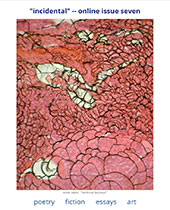 Based out of The William Paterson University of New Jersey Department of English,
Based out of The William Paterson University of New Jersey Department of English,  “Eleven Stories of Water and Stone” by Aurvi Sharma is the winner of the
“Eleven Stories of Water and Stone” by Aurvi Sharma is the winner of the 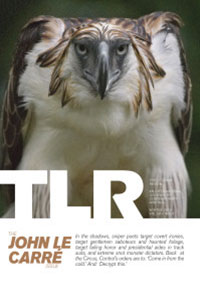
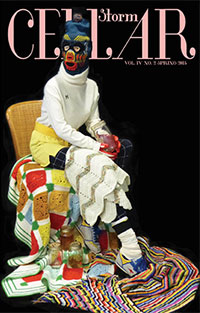
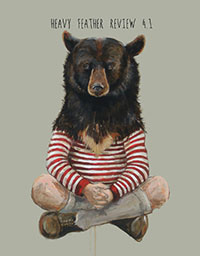
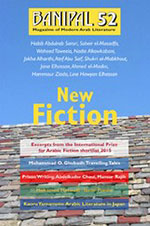 Ahmed el-Madini: Willow Alley, trans. Paul Starkey
Ahmed el-Madini: Willow Alley, trans. Paul Starkey 1st place goes to Lillian Li of Ann Arbor, MI [Photo credit: Christopher Wang]. She wins $1500 for “Parts of Summer” and her story will be published in Issue 96 of Glimmer Train Stories. This will be her first print publication.
1st place goes to Lillian Li of Ann Arbor, MI [Photo credit: Christopher Wang]. She wins $1500 for “Parts of Summer” and her story will be published in Issue 96 of Glimmer Train Stories. This will be her first print publication.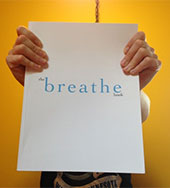
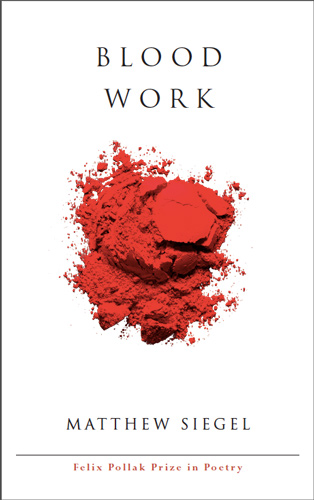 In his debut collection, Matthew Siegel explores his body’s fight with Crohn’s Disease and the struggle to remain one’s self in the face of illness. Winner of the University of Wisconsin Press’s 2015
In his debut collection, Matthew Siegel explores his body’s fight with Crohn’s Disease and the struggle to remain one’s self in the face of illness. Winner of the University of Wisconsin Press’s 2015  Editor Stephen Corey opens the Spring 2015 issue of
Editor Stephen Corey opens the Spring 2015 issue of  I was thrilled to see
I was thrilled to see  On Writing: An Occassional Series
On Writing: An Occassional Series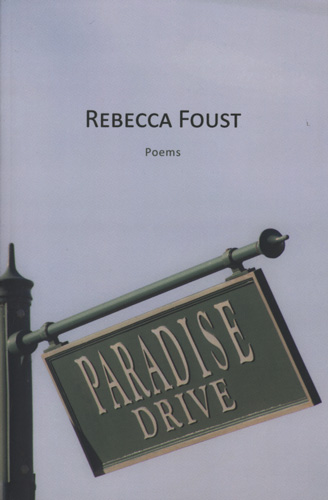 Press 53 has awarded Rebecca Foust the winner of the
Press 53 has awarded Rebecca Foust the winner of the  Black Mountain Institute’s print issue of Witness
Black Mountain Institute’s print issue of Witness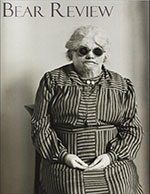 Based out of Kansas City and Seattle,
Based out of Kansas City and Seattle,  Rachel Thompson’s Editor’s Note for the newest issue of
Rachel Thompson’s Editor’s Note for the newest issue of  Jasmine Sawers piece “The Weight of the Moon” was chosen, as Chinquee notes, beecause “This piece represents, to me, what it means to be in love. So in love that one wants to capture the being one’s in love with and keep it to one’s self. Not realizing, at first, that this may produce harm. Ultimately this piece renders, to me, one’s growth, the grief in letting go, and what a love that is in itself.”
Jasmine Sawers piece “The Weight of the Moon” was chosen, as Chinquee notes, beecause “This piece represents, to me, what it means to be in love. So in love that one wants to capture the being one’s in love with and keep it to one’s self. Not realizing, at first, that this may produce harm. Ultimately this piece renders, to me, one’s growth, the grief in letting go, and what a love that is in itself.”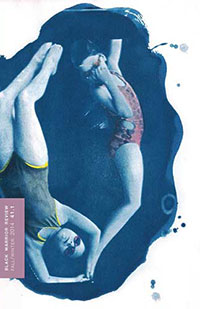 Fiction Contest judged by Judge Lily Hoang
Fiction Contest judged by Judge Lily Hoang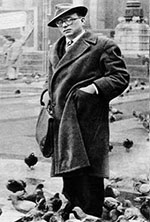
 1st Place
1st Place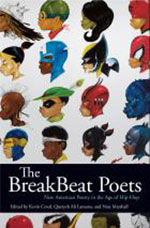 . . . this issue of Poetry, timed for National Poetry Month, features a selection of BreakBeat poets: in the pages that follow, readers will experience a “new American poetry in the age of hip-hop,” a resounding allusion to the resonant and groundbreaking 1960 anthology edited by Donald M. Allen, The New American Poetry 1945–1960. In fact, our feature is an excerpt from the book
. . . this issue of Poetry, timed for National Poetry Month, features a selection of BreakBeat poets: in the pages that follow, readers will experience a “new American poetry in the age of hip-hop,” a resounding allusion to the resonant and groundbreaking 1960 anthology edited by Donald M. Allen, The New American Poetry 1945–1960. In fact, our feature is an excerpt from the book 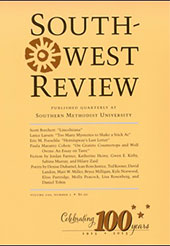 Established in 1915, frist as The Texas Review at the University ot Texas at Austin,
Established in 1915, frist as The Texas Review at the University ot Texas at Austin, 
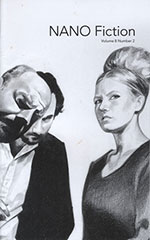 NANO Fiction
NANO Fiction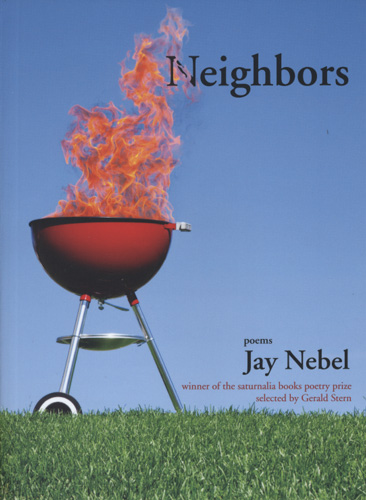 The
The 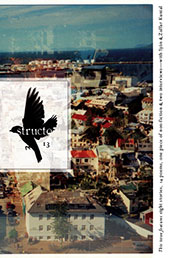 Structo
Structo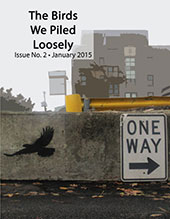 The Birds We Piled Loosely
The Birds We Piled Loosely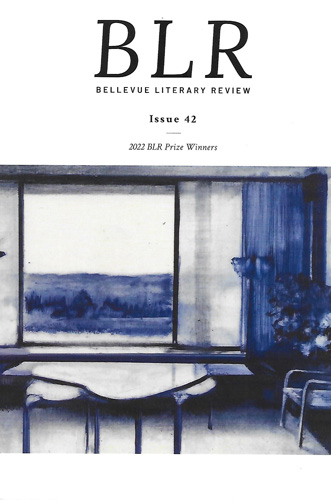 The winner of the Goldenberg Prize for Fiction, “Autobiography” by Carla Hartenberger—chosen by judge Chang-rae Lee—follows a set of Canadian conjoined twins who must wrestle with the physiology and psychology that both keep them together and wrench them apart.
The winner of the Goldenberg Prize for Fiction, “Autobiography” by Carla Hartenberger—chosen by judge Chang-rae Lee—follows a set of Canadian conjoined twins who must wrestle with the physiology and psychology that both keep them together and wrench them apart.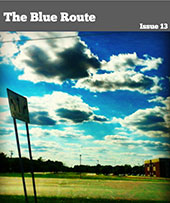
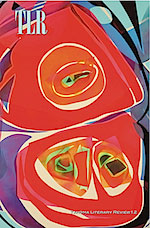
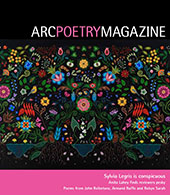



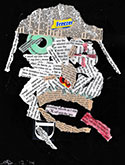

 Buffalo Almanack
Buffalo Almanack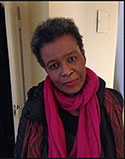
 Brevity
Brevity